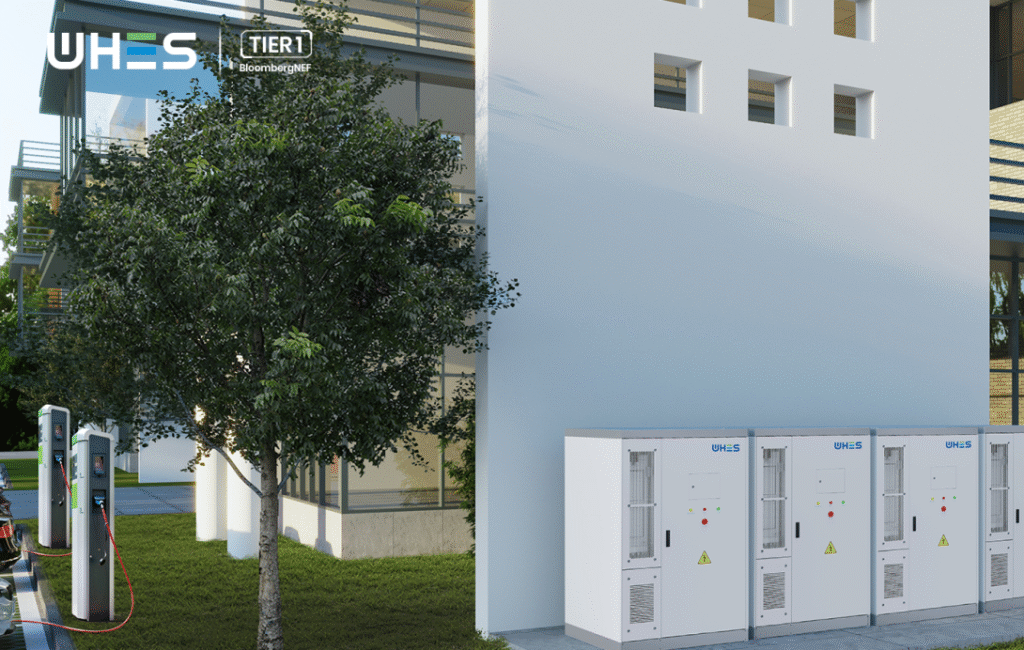According to the International Solar Energy Society, Australia currently has about 40% renewable electricity mostly from solar and wind. On the current target set by the government, the country will reach 82% renewable electricity in 2030. At the same time, Federal Climate Change and Energy Minister, Chris Bowen said that renewable sources like solar, wind, batteries and pumped hydro could provide a reliable path forward under the government’s renewables roadmap. It underlines the significant role of energy storage in Australia’s clean energy transition.
Last year alone, Australia invested a record $4.9 billion in batteries and large-scale energy storage, with 27 large battery projects under construction. More than 337,000 rooftop solar systems were also installed nationwide, adding 5.9 GW of renewable energy capacity. As one of the fastest-growing and biggest markets for distributed storage in APAC, Australian authorities and state governments have introduced a series of incentives and subsidies in March this year such as Queensland’s renewable energy zone (REZ) roadmap and battery rebate scheme for households, to implement its renewables plan by 2030. Clean Energy Council (CEC) also proposed that a national subsidy policy is needed for home batteries to maximize the benefits of household batteries for consumers.

Image Source: Queensland Government
In the face of high electricity bills and growing demand for electricity due to the high penetration of electric vehicles, as well as the quest for independence in electricity use, the demand for energy storage batteries in Australian homes has grown exponentially. It’s estimated that Australia’s energy storage market will reach 35 GW/82 GWh of storage capacity by 2032, expecting a MW capacity growth of 30% CAGR in the next 9 years.
Sensing the huge potential for growth in the Australian market, Dyness, the global pioneering energy storage solutions innovator, has set up a subsidiary in Australia as early as 2019. By now, Dyness has built a localized sales and technical support team, to provide comprehensive and reassuring service to our customers and users. Certainly, it has launched a series of energy storage products that meet the full-scenario needs of local users, such as the low-voltage storage battery Powerbox Pro, and the high-voltage energy storage system Tower Series. In which, the Powerbox Pro, as a long-standing star product of Dyness in the Australian market, has already been strongly validated for its ability to offer a safe and reliable energy storage path for local households after 5 years of market testing and continuous user experience optimization.
The Powerbox Pro is a CEC-accredited battery of 10.24 kWh with over 6000 cycles life, featuring high safety, long lifespan and flexible adaptability. This battery adopts the most stable LiFePO4 cell material, supports real-time battery operation monitoring, and is verified by the industry’s high safety standard UL9540A, guaranteeing the ultimate safety of the system. Moreover, its IP65 protection level makes it resistant to flood and dust even in severe weather conditions, and this also enables the Powerbox Pro could be installed outdoors, which can free the installer from the difficulty of choosing a fireproof installation area within the room and reduce users’ concerns about battery safety hazards. In addition, it supports floor and wall mounting, adapting to different installation environments and effectively saving installation space. Its program remote upgrade function further makes the maintenance of the system more convenient and cost-saving.
In addition to this, the system also has the advantage of flexible expansion, supporting up to 5 systems in parallel to reach a capacity of 51.2 kWh, thus catering to homes with high power consumption needs. Especially for the current high usage of electric vehicles, the expanded energy storage system can not only provide backup power for regular household loads, but also serve as a power source for charging electric vehicles. The Powerbox Pro is also compatible with many leading inverter brands such as Solis, Ingeteam and GoodWe, providing various configuration options.

By now, Dyness products including the Powerbox Pro have already been installed in many Australian households, helping them to lower their electricity bills and become more autonomous in their use of electricity. We are also actively exploring other application possibilities, and we are proud to have seen our products contribute to highway electric vehicle rescue. Furthermore, as market expansion and technology evolved, Dyness launched the brand-new C&I liquid cooling all-in-one ESS system DH200Y to meet the needs of industrial, communal, school and other applications in Australia.
Relying on years of global market experience, Dyness will continue to optimize the localized service system and cooperate with local partners, providing innovative digital energy storage solutions for Australian customers, and achieving the cause of sustainable development in the world.
PR Contact
Riverego Jiang
Brand & Public Relations Manager
riverego.jiang@dyness-tech.com
Mille Li
Brand & Public Relations Specialist
mille.li@dyness-tech.com



